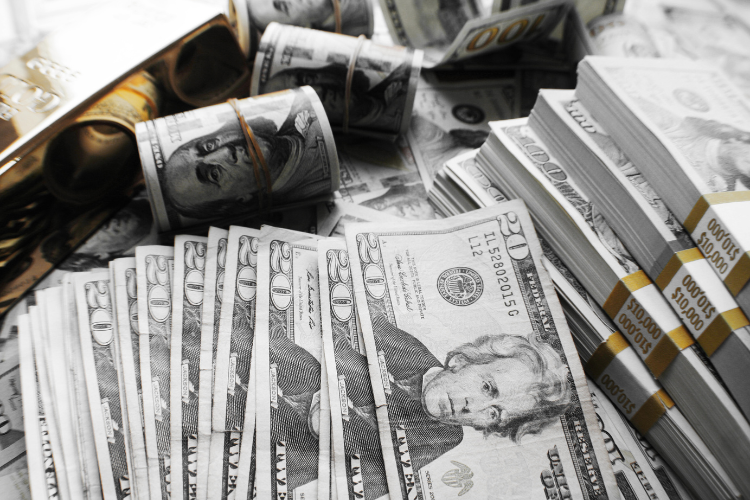Have You Ever Considered What Would Happen To Your Money If Your Bank Went Under?
It’s unthinkable, but not impossible: What would happen to your money if your bank permanently closed? It happens – and bank customers don’t always see it coming. Knowing why banks fail could help you avoid a costly loss, and plan better for your financial future.

How And Why Banks Fail
Money that’s deposited in a bank isn’t just kept on hand for safe keeping; it’s loaned out to bank customers and also used for large-scale investments, which is how banks make money. If the investments don’t perform as expected and the bank loses money, it could have difficulty meeting its financial obligations or have insufficient cash available to give depositors looking to make cash withdrawals.
A bank fails when it’s unable to meet financial obligations to its creditors or its depositors. Should this happen, a federal or state regulator has the authority to close the bank. If the bank is insured by the Federal Deposit Insurance Corporation (FDIC), an individual depositor’s money is covered up to $250,000 and a joint account up to $500,000. The insurance covers money held in savings, checking, and money market accounts.

What Happens To Your Money If Your Bank Fails
The good news: Most U.S. banks are FDIC-insured, which means you should be able to recover bank deposits within the $250,000 insured limit. If your bank deposits exceed the FDIC-insured limit, you might not be able to recuperate deposits exceeding that amount. To avoid any losses as much as possible, consider splitting up your accounts among different banks, or different individuals, to ensure FDIC coverage. In order to try and recoup any additional monies, you would need to file a legal claim against the failed bank in hopes of being reimbursed when the bank’s assets are finally sold. It’s important to remember that some investment products such as mutual funds are not insured.
If the FDIC assumes a bank’s operations, you’ll continue to have access to all of your money, accounts, and debit cards. The bank will either continue to be run federally or the FDIC will sell the failed bank to a more solvent bank; in the latter case, you’ll become a customer of the new bank, but you’ll have the option of withdrawing your money and changing to a bank of your choice.

FDIC Insurance Matters
Banking at an institution that isn’t FDIC-insured is risky and could cost you your savings, your rainy-day fund, even your future investment plans. During uncertain economic times such as recessions or pandemics like the COVID-19 outbreak, banks can face unforeseen difficulties, and money kept in an uninsured bank can disappear quickly. If your bank is not FDIC-insured or your deposits exceed the insured limit, consider moving funds to an institution that’s properly insured. Will your money be safe there? Bank on it.
